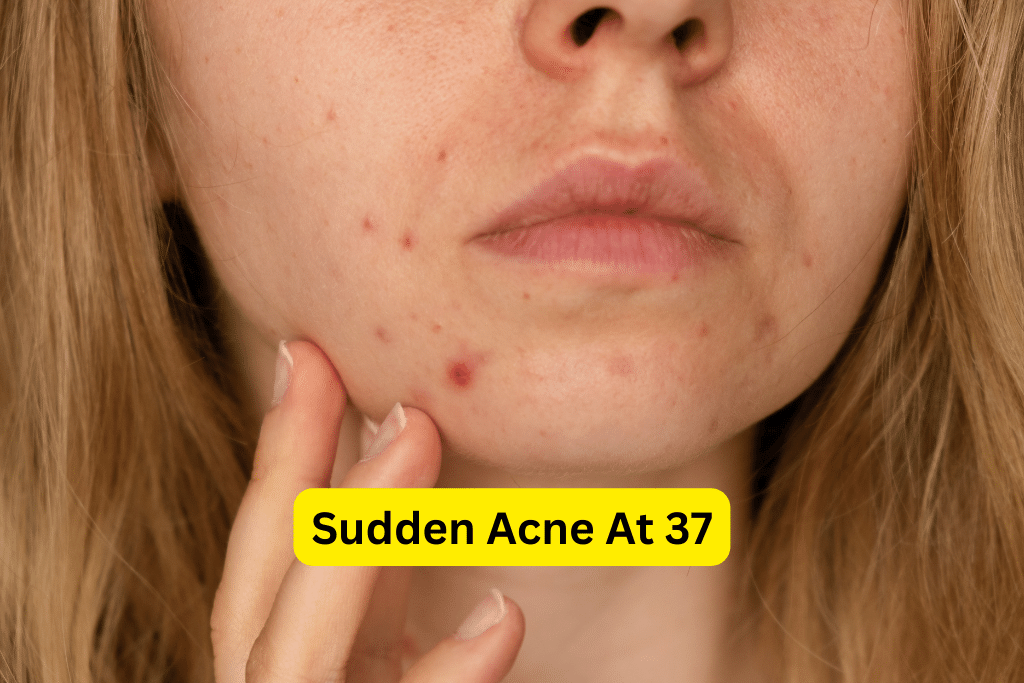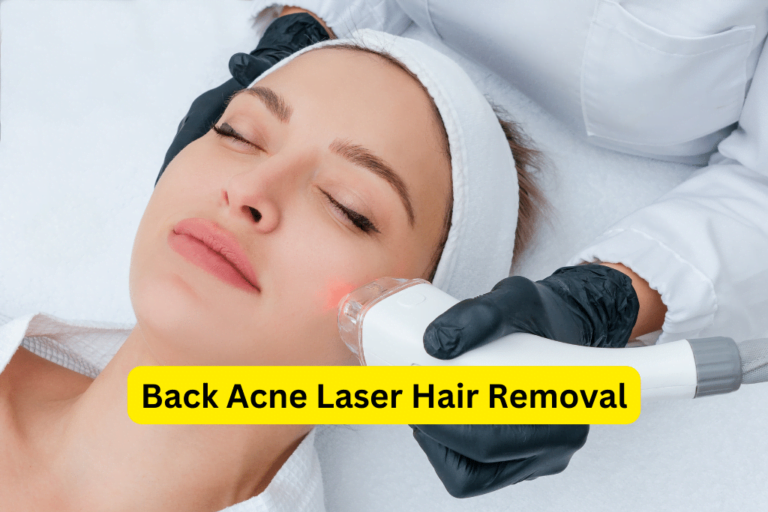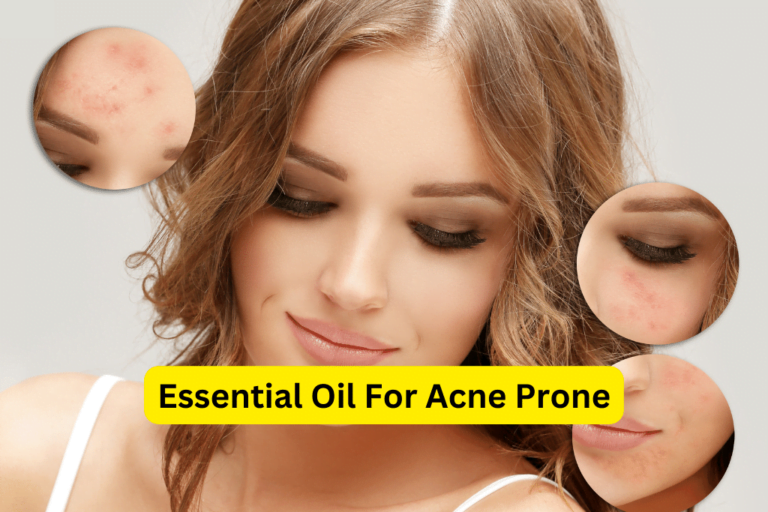Sudden Acne at 37: Causes, Treatments, and Prevention
Sudden Acne At 37
Experiencing sudden acne at 37 can be frustrating and distressing. Acne is commonly associated with teenage years, but it can develop or worsen in adulthood. In this article, we will explore the causes, treatment options, and prevention strategies for sudden acne at 37. So if you’re facing this skin issue, keep reading to understand what might be causing it and how you can effectively address it.
Causes of Sudden Acne at 37
Hormonal changes
Hormonal fluctuations are a common cause of sudden acne in your late 30s. As you age, hormonal changes can occur due to various factors such as perimenopause or hormonal imbalances. These hormonal shifts can lead to increased sebum production, clogged pores, and inflammation, resulting in acne breakouts.
Stress and lifestyle factors
Stress is another significant factor that can contribute to sudden acne at 37. When you’re under stress, your body produces more cortisol, a hormone that stimulates sebaceous glands to produce more oil. This excess oil can clog your pores and lead to acne development. Additionally, unhealthy lifestyle habits such as lack of sleep, poor diet, and smoking can also worsen acne.
Dietary factors
Your diet plays a crucial role in the health of your skin. Certain foods, such as those high in refined sugars and carbohydrates, have been linked to acne development. These foods can cause an increase in insulin levels, leading to inflammation and sebum production. On the other hand, including foods rich in antioxidants, omega-3 fatty acids, and vitamins can promote healthier skin.
Environmental factors
Environmental factors can also contribute to sudden acne at 37. Exposure to pollutants and toxins in the air can irritate your skin and trigger breakouts. Additionally, some skincare products may contain ingredients that can clog your pores or cause skin irritation, leading to acne formation.
Treatment Options for Sudden Acne at 37
Topical treatments
Over-the-counter creams and gels containing ingredients like benzoyl peroxide, salicylic acid, or retinoids can help control mild to moderate acne. If your acne is more severe, your dermatologist may prescribe stronger topical medications to reduce inflammation and unclog pores.
Oral medications
In some cases, your dermatologist may prescribe oral antibiotics to reduce bacteria and inflammation. Hormonal therapies, such as oral contraceptives or anti-androgen medications, may also be recommended for adult-onset acne caused by hormonal imbalances.
Natural remedies
Some natural remedies can complement traditional acne treatments. Essential oils like tea tree oil and lavender oil have antimicrobial and anti-inflammatory properties that can help calm acne-prone skin. Herbal supplements such as green tea extract or zinc may also provide some benefits in reducing acne.
Dermatological procedures
If you have severe or resistant acne, dermatological procedures may be considered. Chemical peels can help exfoliate dead skin cells and unclog pores, while laser therapy can target bacteria and reduce inflammation. These procedures are usually performed by a dermatologist and may require multiple sessions for optimal results.
Prevention Strategies for Sudden Acne at 37
Skincare routines
A proper skincare routine is essential to prevent and manage sudden acne. It should include cleansing, exfoliating, and moisturizing. Choose products that are non-comedogenic (won’t clog pores) and gentle for your skin type.
Stress management techniques
Managing stress is crucial for maintaining healthy skin. Incorporate stress-reducing activities into your daily routine, such as meditation, deep breathing exercises, or engaging in hobbies you enjoy. Regular exercise is also beneficial for reducing stress levels and promoting healthy blood circulation, which can improve your skin’s overall condition.
Dietary adjustments
Make dietary adjustments to support your skin health. Avoiding processed foods, sugary snacks, and greasy foods can help reduce inflammation and control acne breakouts. Instead, incorporate foods rich in antioxidants, like fruits and vegetables, and omega-3 fatty acids, found in foods like fish and flaxseeds.
Maintenance tips for long-term acne prevention
Make regular appointments with a dermatologist to monitor your skin’s condition and adjust your treatment plan if necessary. Protect your skin from environmental factors by using sunscreen, avoiding excessive sun exposure, and wearing non-comedogenic makeup.
Coping with the Psychological Effects of Sudden Acne at 37
Sudden acne at 37 can have a significant impact on your self-esteem and body image. It’s important to seek support from your loved ones, as their understanding and encouragement can help you feel better about yourself. Additionally, professional counseling can provide invaluable guidance and support in navigating the emotional challenges associated with acne. Engaging in positive self-care practices, such as practicing self-compassion, engaging in activities that bring you joy, and surrounding yourself with a supportive community, can all contribute to better mental well-being.
Conclusion
Sudden acne at 37 can be caused by hormonal changes, stress, diet, and environmental factors. It’s vital to address this condition promptly to prevent further breakouts and potential scarring. Seeking appropriate treatment options and adopting preventive measures, such as implementing a skincare routine, managing stress, making dietary adjustments, and protecting your skin from environmental factors, can help you regain smooth and healthy skin. Remember to consult with a dermatologist to develop a personalized treatment plan that suits your specific needs. With the right approach, you can effectively manage sudden acne at 37 and enjoy clear and radiant skin.









